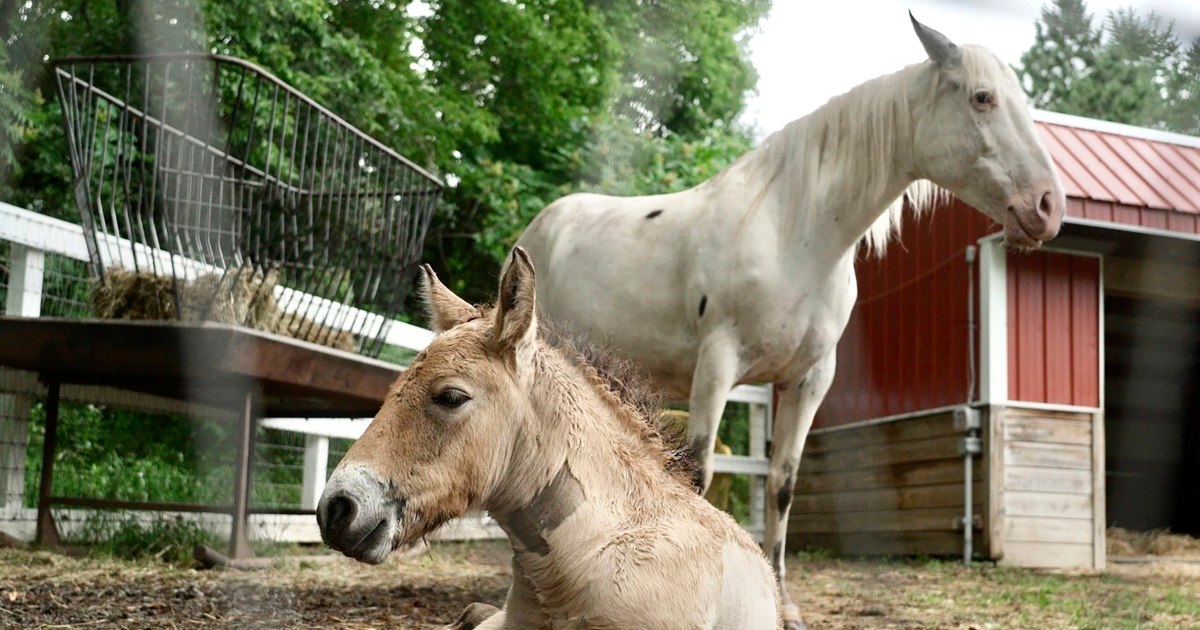- The Bark Byte
- Posts
- 🛁 The Bark-Byte – The Purrfect Clean: Brush Me If You Dare: Grooming Tips for Long & Short-Haired Cats
🛁 The Bark-Byte – The Purrfect Clean: Brush Me If You Dare: Grooming Tips for Long & Short-Haired Cats
Because your cat’s hairball shouldn’t have its own Postal code.

🐱 Brush Me If You Dare
Because your cat’s floof is majestic—but also everywhere.
Whether your cat’s fur is sleek and short or long and luscious, regular brushing is more than a beauty routine—it’s essential for their health.
It prevents matting, reduces hairballs (you’re welcome, carpet), and strengthens your bond (unless they try to bite you).
In this episode, we’re detangling the myths, the methods, and the must-haves for brushing every kind of feline floof.
Table of Contents
🧶 Why Brushing Is a Must
Removes loose hair and reduces shedding
Prevents mats, which can cause pain and infection
Minimizes hairballs from overgrooming
Stimulates circulation and spreads natural oils
Helps you spot fleas, lumps, or weird skin stuff early
✂️ Know Your Cat’s Coat Type
Coat Type | Examples | Best Brush | Frequency |
|---|---|---|---|
Short-Haired | British Shorthair, Siamese | Rubber grooming brush or mitt | 1–2x/week |
Long-Haired | Maine Coon, Persian | Slicker brush + wide-tooth comb | 3–5x/week |
Hairless | Sphynx | Damp cloth + gentle exfoliating mitt | 1–2x/week (yes, even bald cats!) |
🐾 Brushing Tips Without the Drama
Start slow, make it fun
Let them sniff the brush, reward calm behavior, and use soft strokes to start.
Go with the grain
Brush in the direction of fur growth, and don’t tug—especially on knots.
Use detangler for mats
Never cut mats with scissors. Use your fingers or a mat splitter to gently separate.
Keep sessions short
Especially for feisty cats. A few minutes per day beats one epic meltdown.
🧡 Got a Grumpy Groomer?
Try this:
Groom when they’re sleepy (post-meal nap zone!)
Use treats and gentle praise
Stop if they get overstimulated—don’t push it
Use grooming gloves for brush-averse kitties
🗝️ Key Takeaways:
✔️ Brushing helps prevent mats and hairballs
✔️ Know your cat’s coat type & tools
✔️ Keep sessions calm and consistent
✔️ Keep sessions calm and consistent
✔️ Watch for skin or coat changes
💡 Tele-Vet’s Tip:
If your cat has sudden fur loss, persistent dandruff, or mats you can’t manage—don’t go it alone.
It could be allergies, stress, or skin issues.
🐾 Next Week: Vol. 3 – Claws & Order: Trimming Cat Nails Without Losing a Finger
🐾 Spread the Fluff
Know a friend living in a furpocalypse? Send them this guide and save a vacuum.
A word from our Sponsor ⭐️
🏔️ Traditional Craftsmanship: Our chews are made using an ancient Nepalese method, passed down through generations. This time-honored process naturally preserves the yak cheese, ensuring a long-lasting and nutritious treat for your dog.
🧀 100% Yak Cheese: Our chews contain only 100% yak cheese—no cow milk, fillers, or additives. Yak milk is naturally richer in nutrients than cow milk, providing unique health benefits for your dog, including essential vitamins and minerals.
💪 Vitamins & Nutrients: Packed with protein and calcium, these chews promote strong muscles, bones, and teeth, helping your dog stay healthy and active.
🐾 Easily Digested: Gentle on your dog's stomach, yak cheese is easily digested, making it a great option for dogs with sensitive stomachs or dietary restrictions.
🐕 Long Lasting: Designed to keep your dog engaged, these chews are durable and long-lasting, offering hours of chewing enjoyment.
🦴 Daily Bite 🦴
Thanks For Reading, and Have A Great Week!




